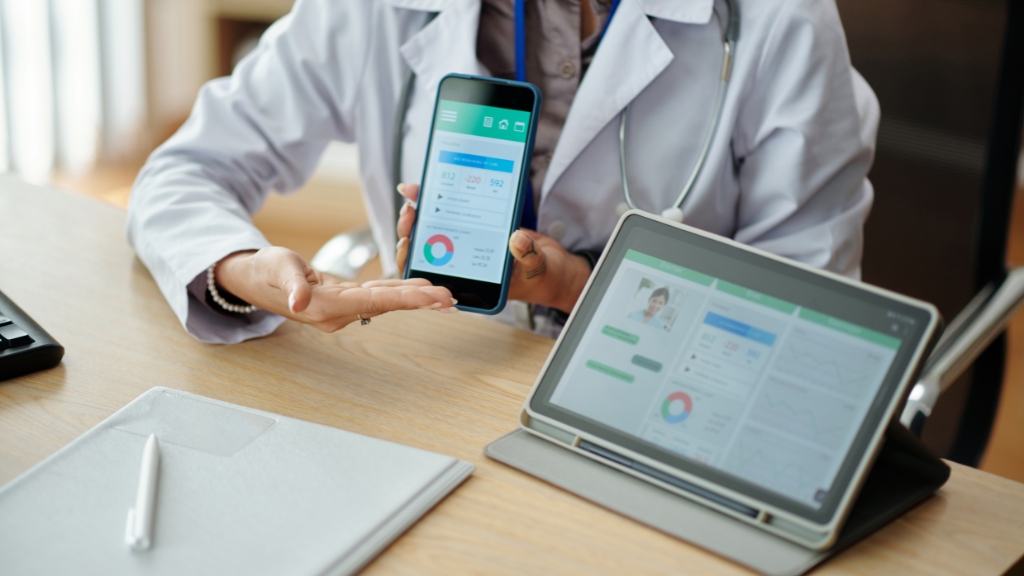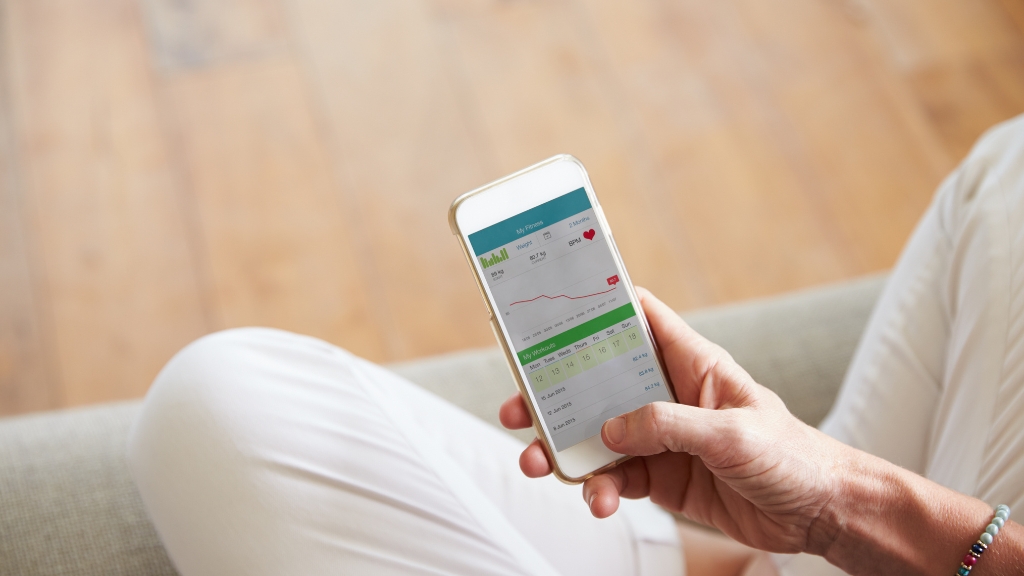
Your Health, Your Hands: Exploring Healthcare Apps
In the fast-paced digital age, the way we manage our health is transforming dramatically. Healthcare apps are at the forefront of this revolution, offering unprecedented convenience, accessibility, and personalization. From tracking fitness goals to managing chronic conditions, these apps are putting health management directly into our hands.
The Rise of Healthcare Apps
The proliferation of smartphones and advancements in technology have paved the way for a surge in healthcare apps. According to recent statistics, there are over 300,000 health apps available in major app stores, a testament to their growing popularity and necessity.
Types of Healthcare Apps
Healthcare apps can be broadly categorized into several types:
- Fitness and Wellness Apps: These apps help users track their physical activities, monitor calorie intake, and provide workout routines. Popular examples include MyFitnessPal, Fitbit, and Nike Training Club.
- Telemedicine Apps: Apps like Teladoc, Amwell, and Doctor on Demand connect patients with healthcare professionals through video calls, making medical consultations more accessible.
- Chronic Disease Management Apps: For individuals managing chronic conditions like diabetes or hypertension, apps such as MySugr and Glucose Buddy offer tools to monitor and manage their health effectively.
- Mental Health Apps: Apps like Calm, Headspace, and Talkspace provide resources for meditation, mental wellness, and therapy, catering to the growing awareness and need for mental health support.
- Medication Reminder Apps: These apps, including Medisafe and MyTherapy, help users keep track of their medication schedules, ensuring adherence and reducing the risk of missed doses.
Benefits of Healthcare Apps
- Convenience: Healthcare apps allow users to access health information and services from anywhere at any time, eliminating the need for frequent clinic visits.
- Personalization: Many apps use algorithms and data analytics to offer personalized health advice and treatment plans based on individual user data.
- Engagement: By providing interactive and engaging tools, apps can motivate users to maintain healthy habits and stay committed to their health goals.
- Cost-Efficiency: Telemedicine and virtual consultations can significantly reduce healthcare costs by minimizing the need for in-person visits and expensive treatments.
Challenges and Considerations
Despite their numerous benefits, healthcare apps also present several challenges:
- Data Privacy and Security: With the sensitive nature of health data, ensuring robust security measures and compliance with regulations like HIPAA is crucial.
- Accuracy and Reliability: Not all apps are created equal. Users must ensure they choose apps that are backed by medical research and have positive user reviews.
- Integration with Healthcare Systems: Seamless integration with existing healthcare systems and electronic health records (EHR) is essential for providing comprehensive care.
The Future of Healthcare Apps
The future of healthcare apps looks promising, with ongoing advancements in artificial intelligence, machine learning, and wearable technology. These innovations are expected to enhance the capabilities of healthcare apps, making them even more integral to our daily health management.
Conclusion
Healthcare apps are revolutionizing the way we approach our health, providing tools and resources that empower us to take control of our well-being. As technology continues to evolve, these apps will play an increasingly vital role in delivering accessible, personalized, and efficient healthcare solutions.
Leave a Reply
- AI in Diagnostics: Revolutionizing Early Detection and Accuracy
- How AI and Advanced Analytics Are Transforming Healthcare Outcomes
- Investing with Confidence: The Role of ROI Calculators
- How ROI Calculators Drive Data-Driven Business Strategies
- The Ultimate Guide to ROI Calculators for Business Success
- Making Sense of ROI Calculators: A Comprehensive Guide
- June 2025 (1)
- May 2025 (1)
- October 2024 (2)
- September 2024 (31)
- August 2024 (31)
- July 2024 (27)
- June 2024 (28)
- May 2024 (30)
- April 2024 (33)
- March 2024 (23)
- February 2024 (29)
- January 2024 (3)
- December 2023 (47)
- November 2023 (36)
- October 2023 (23)
- September 2023 (2)
- June 2023 (2)
- May 2023 (13)
- April 2023 (1)




